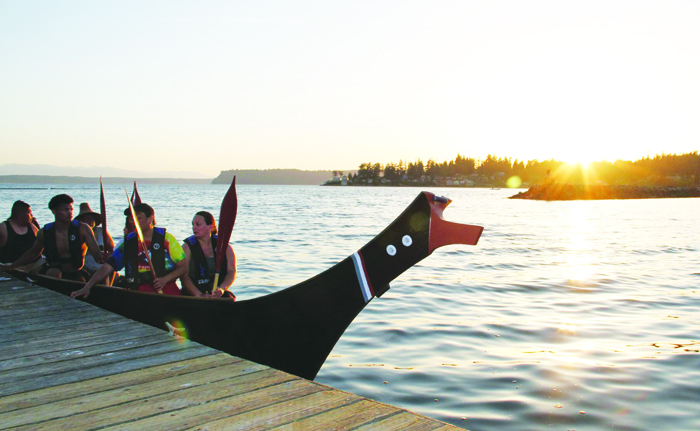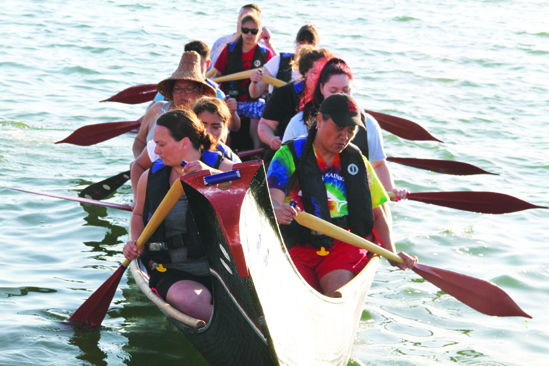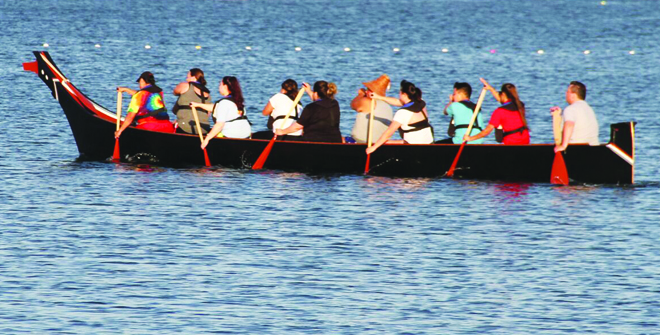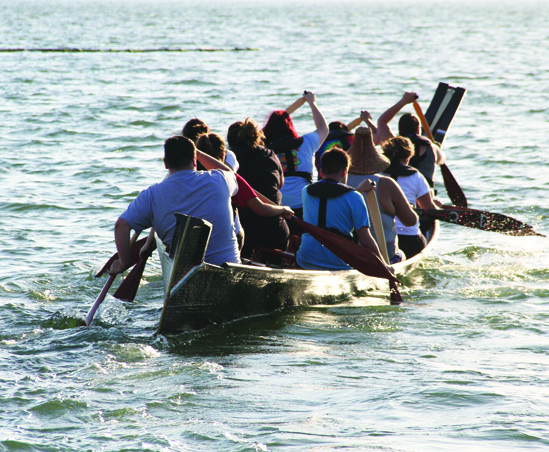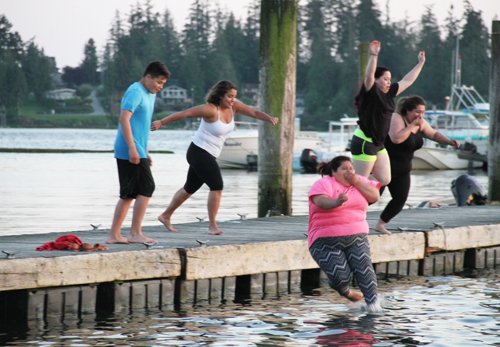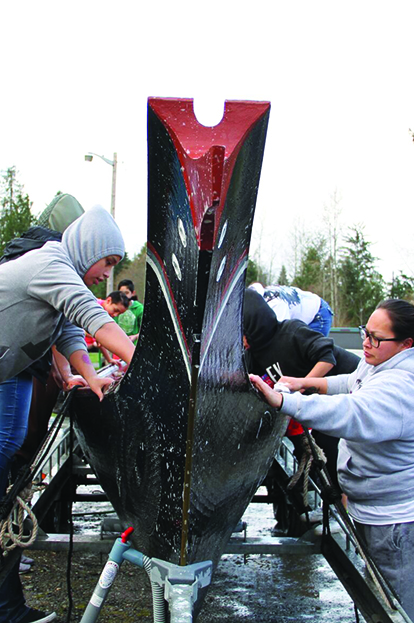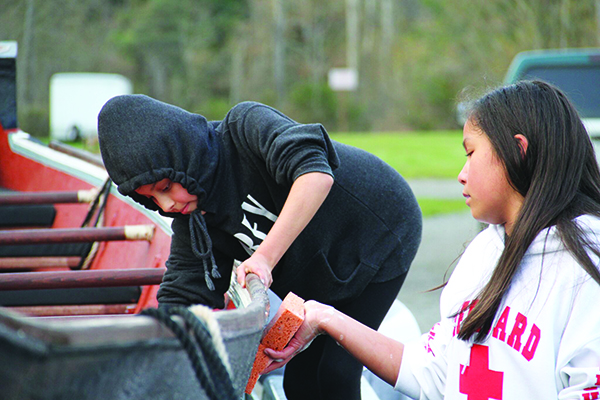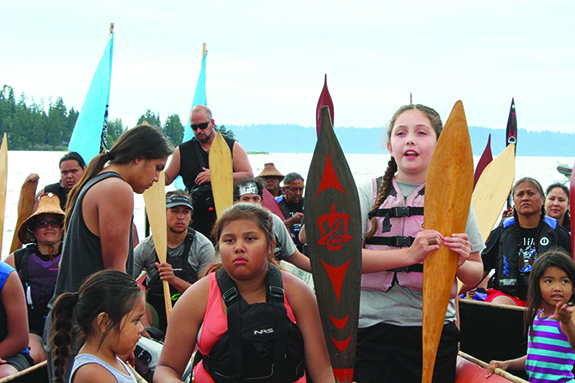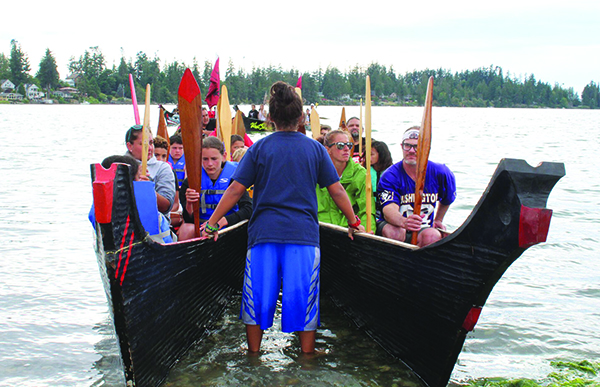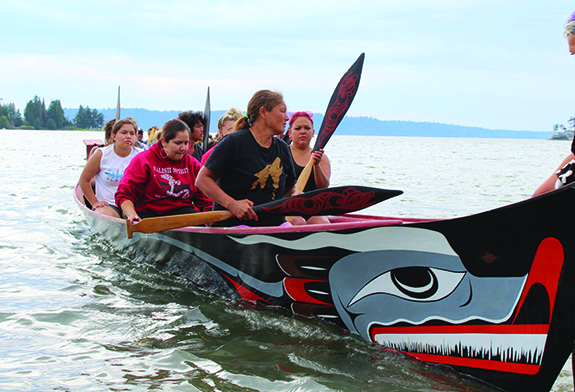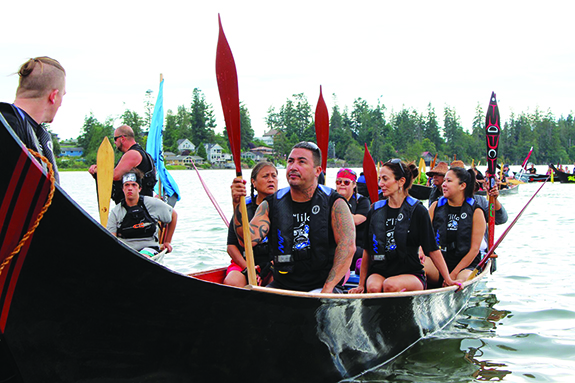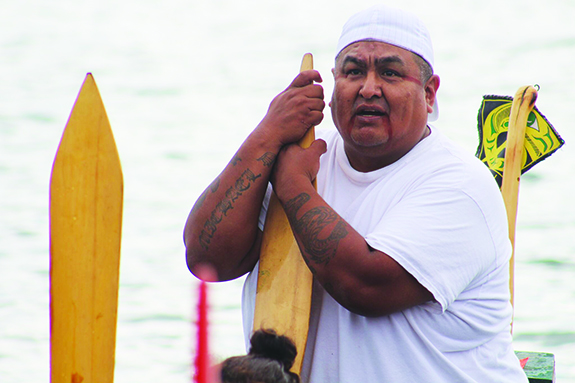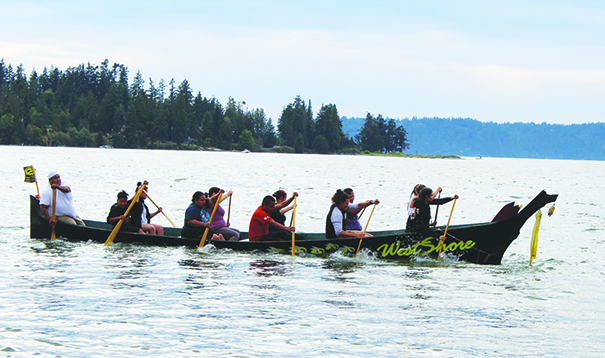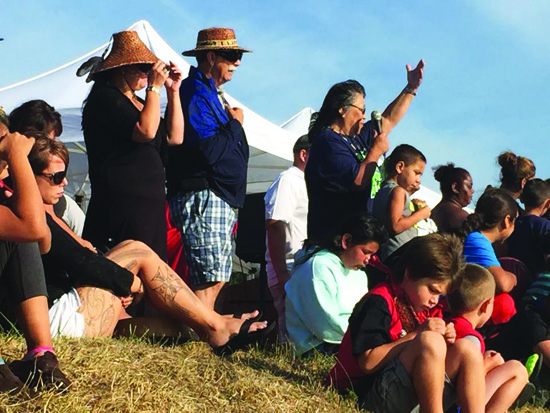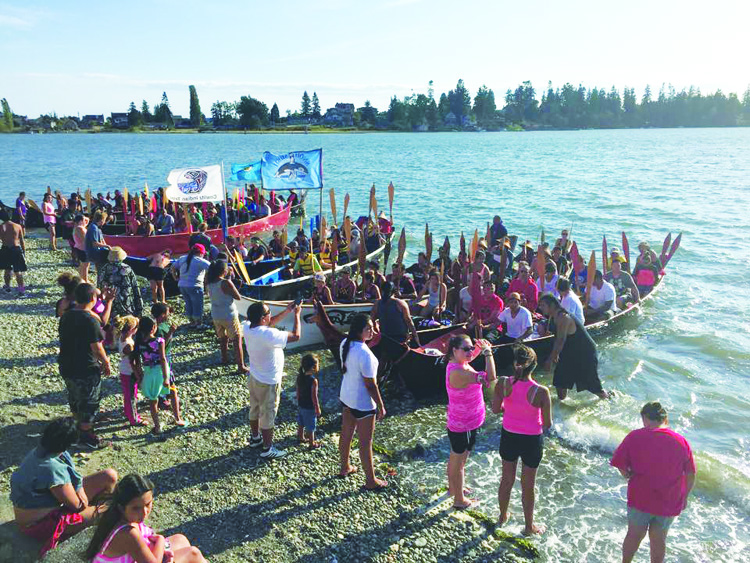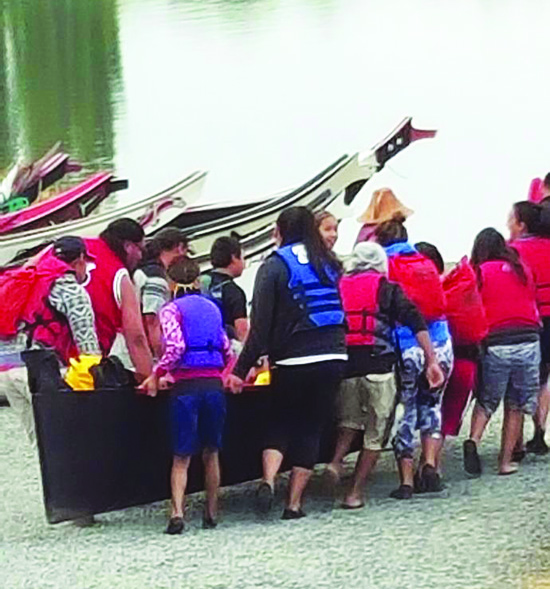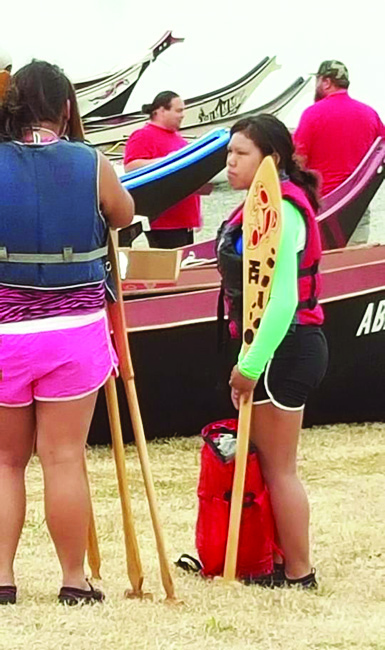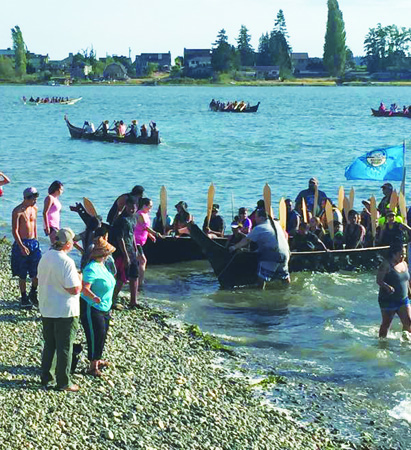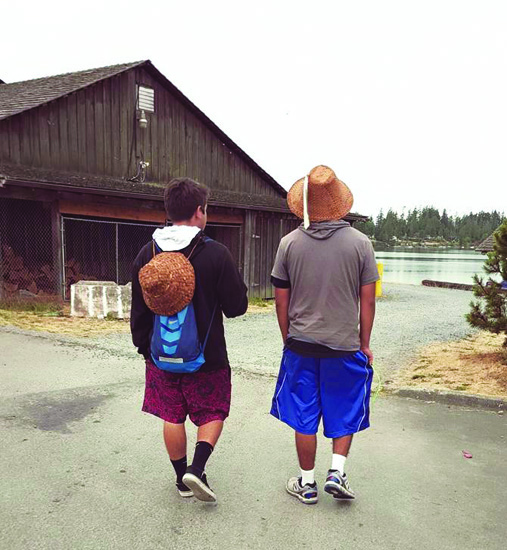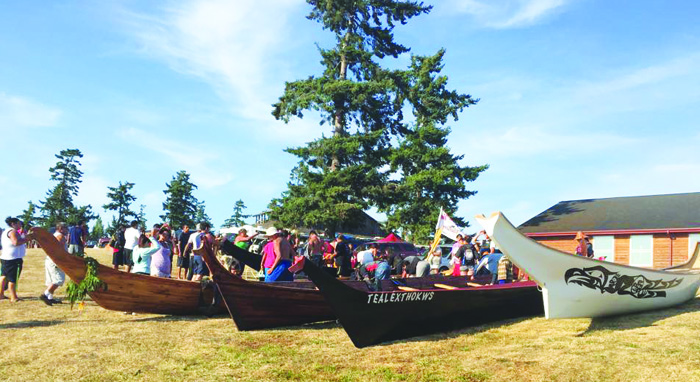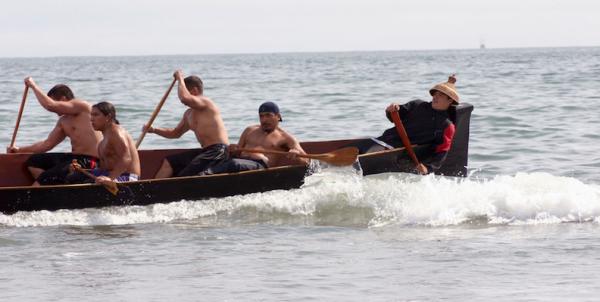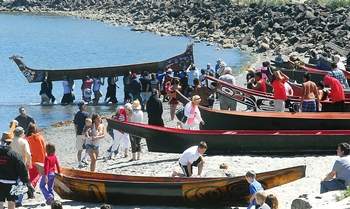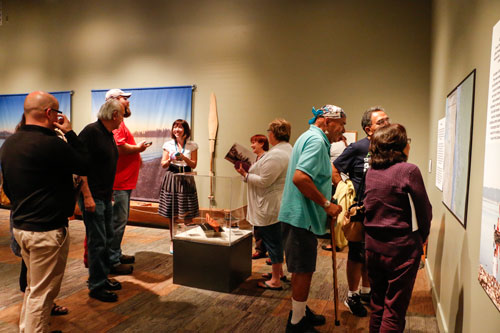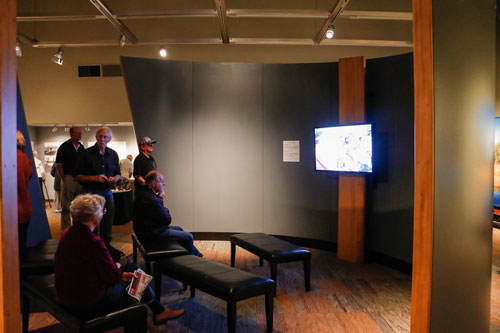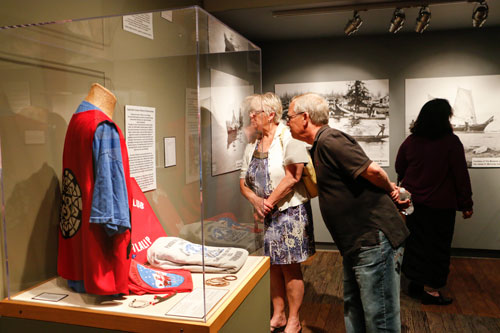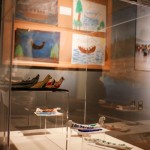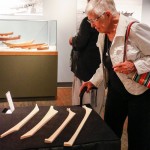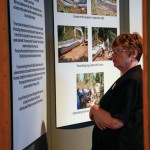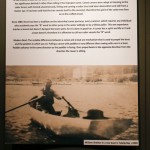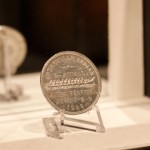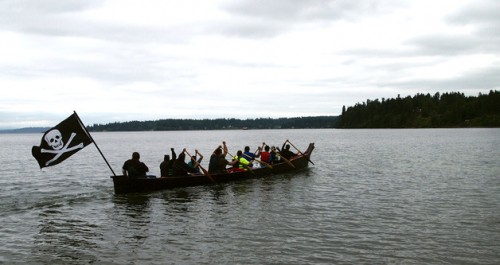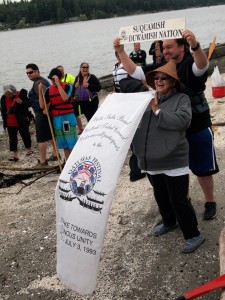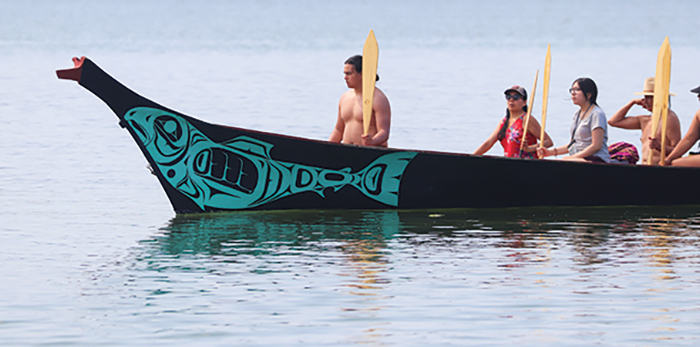
By Micheal Rios, Tulalip News
Since 1989’s iconic Paddle to Seattle, a remarkable cultural revival has taken place across the Pacific Northwest, known to the tribes therein as Coast Salish territory. Sovereign tribal nations from Alaska to Oregon have united nearly every summer since ’89 to travel the sacred waters in honor and celebration of our common canoe culture.
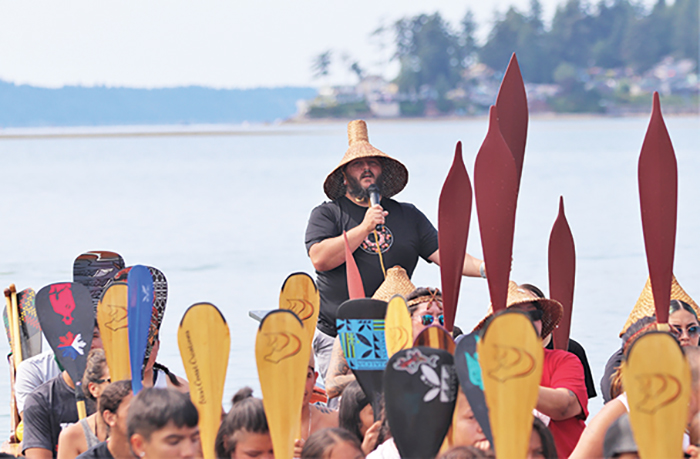
The annual summer time event, dubbed Canoe Journey, has a deep cultural and spiritual significance not just to the Tulalip Tribes but all tribal communities connected by the Salish Sea. A tradition passed down from the ancestors, Canoe Journey has been practiced in one form or another for millennia. The 2024 rendition has taken on an adaptive form due to some unforeseen complications.
Earlier this year, the previously planned route to Ahousaht First Nation in British Columbia was quickly and abruptly upended after Ahousaht leadership put out a press release stating they would not be hosting journeys.
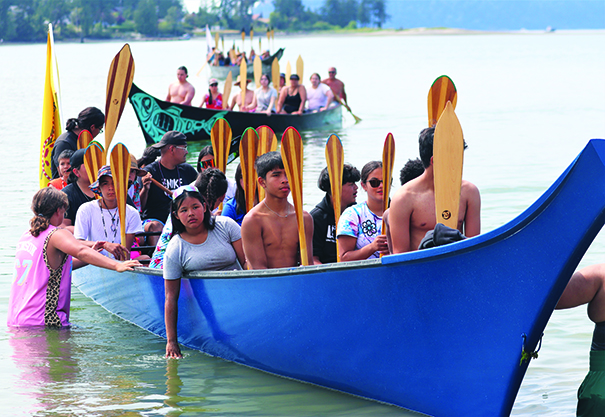
“Ahousaht and the surrounding region, including the District of Tofino, are not prepared to host the 2024 Canoe Journeys. Ahousaht and Tofino currently lack the necessary infrastructure to effectively and safely host the volume of canoe families that participate in Canoe Journeys,” read the February released statement.
The ripples caused by their decision were quickly minimized before they could form full on tidal waves. Thanks to quick action taken by Puyallup elder Connie McCloud and her tribal council.
“We saw on Facebook that Ahousaht, who was to host this summer, declined because they needed more time to prepare for hosting thousands of people. Ahousaht is a very small island off of the west side of Vancouver Island, and so people respected that,” recalled Connie, who holds the esteemed position of Puyallup’s heritage manager. “Then the next day, I got another phone call from my Tribal Council that said, “So, what are we going to do?” And I said, “Well, we’re thinking about doing a Youth Journey.” And they said, “Let’s do it. Let’s host.”
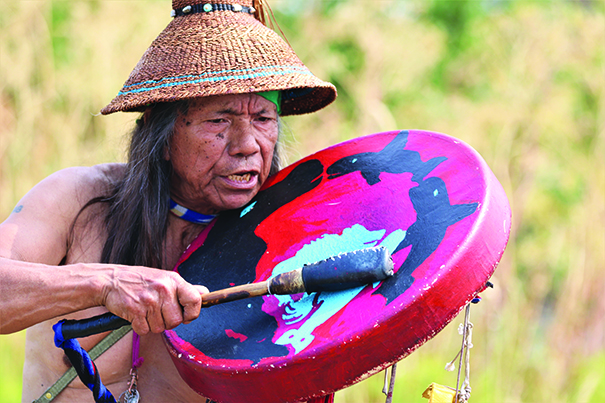
Just like that, the Power Paddle to Puyallup was spoken into existence. Participating tribes made the necessary adjustments to accommodate a new schedule with a new route, protocol times, and an agreed upon overnight, camping schedule.
Some confusion, and a whole lot of excitement, surrounded the idea of just what exactly a youth canoe journey was. Youth-only? No adults? What about elders?
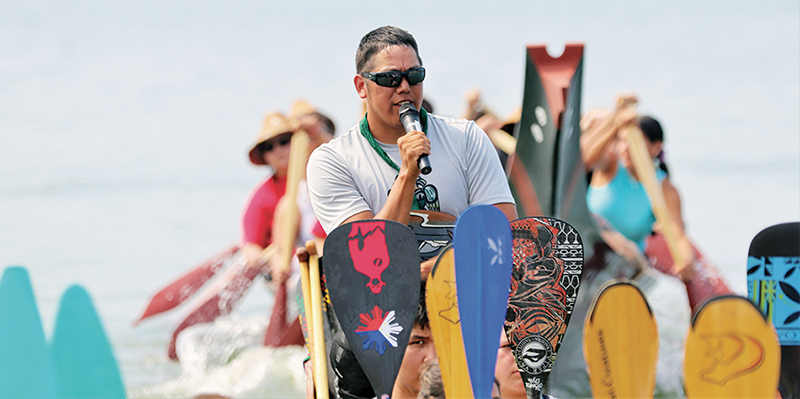
These questions and the aforementioned confusion were put to rest when Connie McCloud clarified, “The whole point of this Youth Journey is to teach our children so that you have the adults, you have the elders, working with the youth to train them to be in the leadership position. It doesn’t eliminate anybody. It puts the focus on training our youth.
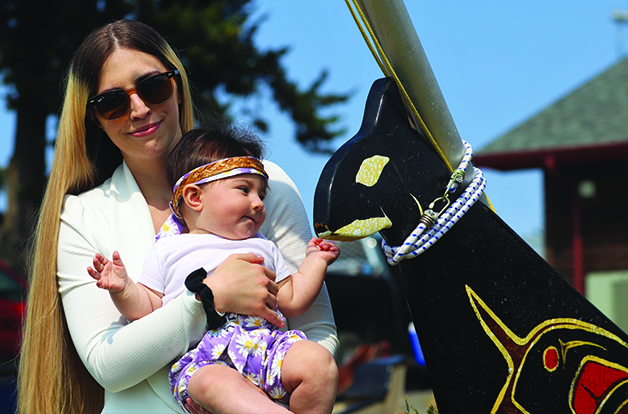
“If your canoe is largely adults and elders and you have two youth, how lucky are they? They have this handful of people who can give them instruction, give them teachings and show them a direction; put them up there doing the welcoming greetings, doing their Protocol, being that voice for your canoe.”
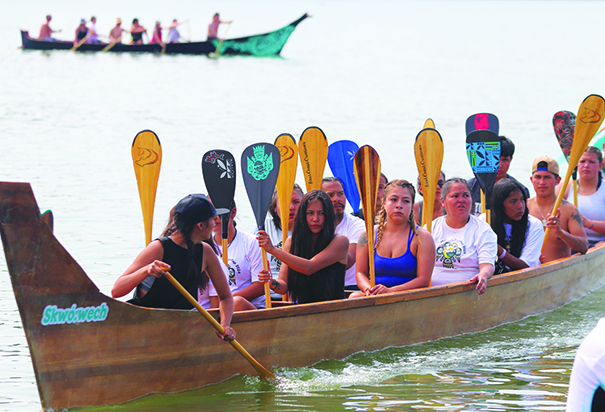
How each tribe embraced the notions Connie put forward regarding a youth journey were unique to each canoe family. Evident by the mesmerizing moments that were created on Saturday, July 27, when 23 tidal-powered canoes made their highly anticipated arrival on the banks of Tulalip Bay.
Clearly, some tribes took the youth part of youth journey to heart by assembling canoe crews of teenagers and newly minted adults. Others stuck to the old ways and filled their canoe with seaworthy veterans. The majority of canoes that landed within the heart of Tulalip had a more equitable combination of youth, adult, and elder.
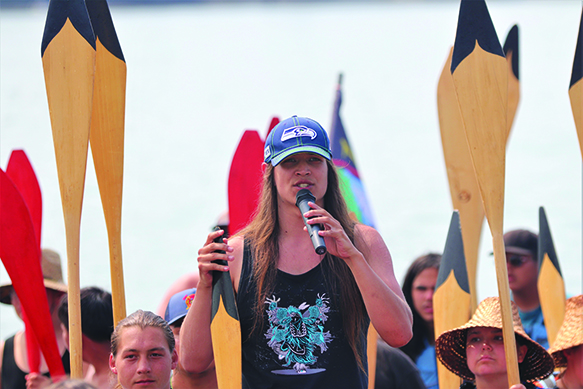
Many of the canoe families empowered a youth to come front and center upon arriving in Tulalip Bay. They eagerly accepted the microphone and were given the platform to ask permission for their canoe family to come ashore. Awaiting their request while perched on a Tulalip Bay bluff with her mom and auntie flanking her with all the confidence they could muster, was 13-year-old Tiyanna Bueno. The Tulalip youth switched back and forth between Lushootseed and English as she gave one canoe family after another permission to come ashore, enjoy a hearty meal, and rest up from the day’s long pull.
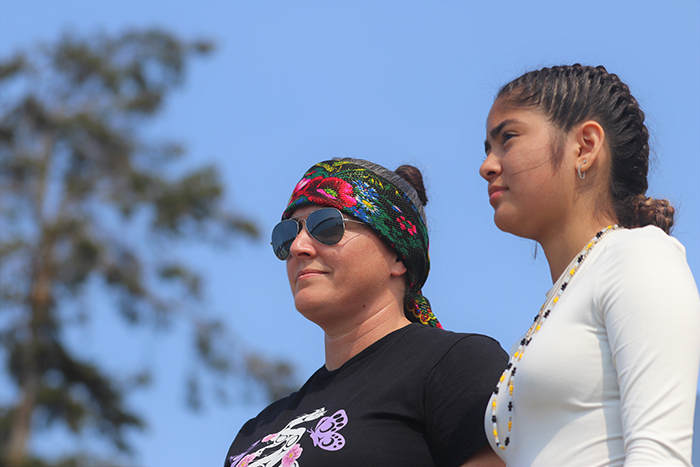
Among the many visitors enjoying the sights and sounds of a Canoe Journey arrival was a very far from home Navy specialist who found comfort in the gathered community’s embrace of the canoe families. The 25-year-old Tyrann Bowlin is from Jacksonville, Florida, but stationed locally at Naval Station Everett. He and a cohort of his fellow Navy men graciously accepted the critical role of canoe carriers for the afternoon.
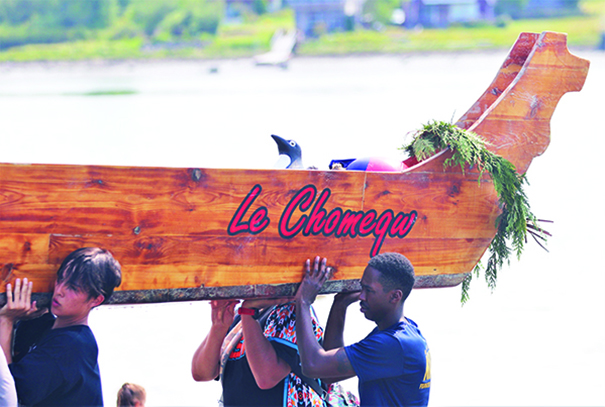
“This is an incredible event to be experiencing for the first time. It’s my first time on a reservation period and I’m really enjoying how close knit the community seems to be,” shared Navy specialist Bowlin in between canoe carries. “Just witnessing how these people have been on the water all day canoeing and now coming home to such a welcoming is beautiful. It’s the same thing we do as Navy members. We go out for weeks or months at a time and then come home to our loved ones.”
In a true moment of profound cross-cultural clarity, while standing just mere feet from the Tulalip Longhouse and where a dozen canoes lay peacefully, he added, “Us as Navy members and you all as Native Americans got the same fight and warrior toughness.”
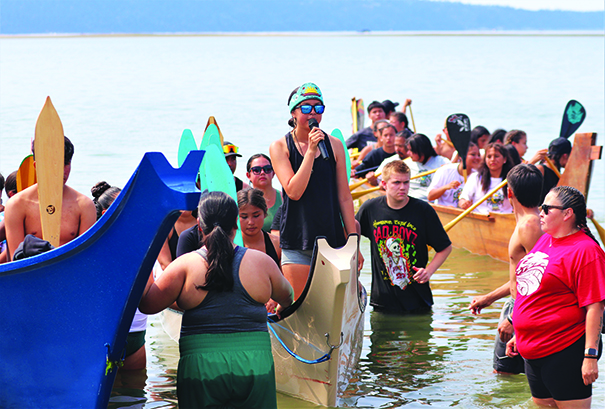
Fight to paddle countless strokes for dozens on dozens of nautical miles on the Salish Sea. Toughness to proudly carry on a canoe culture passed on from past warriors who resisted assimilation and protected the most precious of traditional teachings for future generations to practice. These are the endearing takeaways from this year’s Canoe Journey, the Power Paddle to Puyallup, as experienced from a quick, overnight pitstop in heart of Tulalip Bay.
